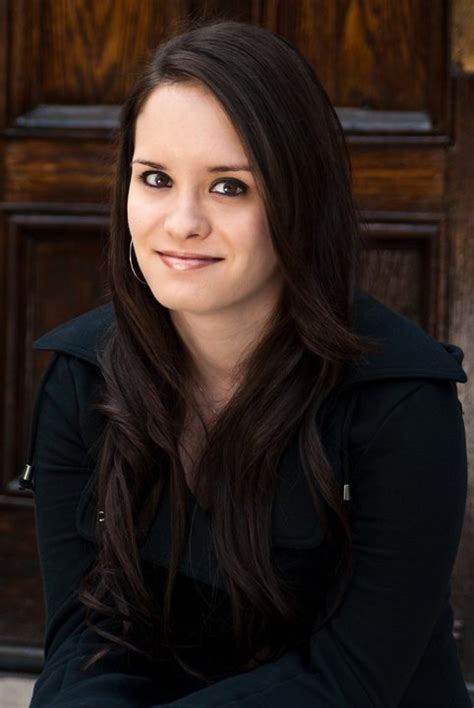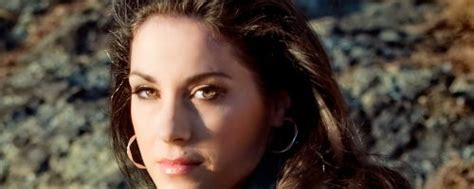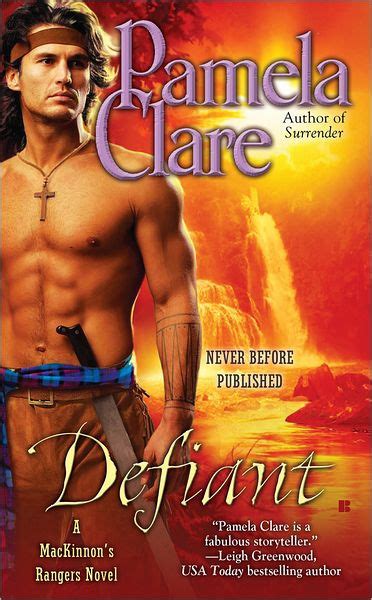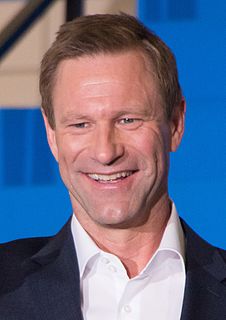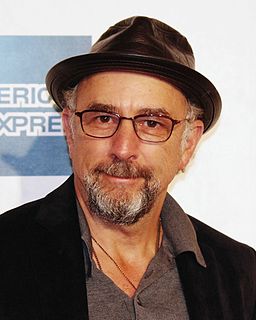A Quote by Tony DiTerlizzi
The most challenging and exciting aspect is the outline and formation of the plot points. This is the stage where the notion of the story begins to take shape, and I can see glimpses of what is to come.
Related Quotes
When you start, it's very cold, an impossible task. But then maybe the characters start to take on a little bit of life, or the story takes a turn that you don't expect ... With me that happens a lot because I don't outline, I just have a vague notion. So it's always felt like less of a made thing and more of a found thing. That's exciting. That's a thrill.
Fiction writers come up with some interesting metaphors when speaking of plot. Some say the plot is the highway and the characters are the automobiles. Others talk about stories that are "plot-driven," as if the plot were neither the highway nor the automobile, but the chauffeur. Others seem to have plot phobia and say they never plot. Still others turn up their noses at the very notion, as if there's something artificial, fraudulent, contrived.
A lot of people think that they are really cool because they don't outline. In my writing group, they would say, "I will never outline. I let the characters take me." C'mon, man - I outline the story, but it's only like one page. It's a list of possible reversals in the story, like things where everything will just change because of this certain reveal or this certain action. Then I start really digging into the character because, to me, I don't care what the story is.
I try to outline. I'm a lazy outliner. I will put the points down of each chapter or series of chapters, but it always changes. For me it's a place of evolution. I don't really know who the characters are. I don't really know what the story is. I outline and that really just gets me moving. It's like I'm drawing up fake maps, but they turn out to be correct.
To plot is to live. […] We start out lives in chaos, in babble. As we surge up into the world, we try to devise a shape, a plan. There is dignity in this. Your whole life is a plot, a scheme, a diagram. It is a failed scheme but that's not the point. To plot is to affirm life, to seek shape and control. Even after death, most particularly after death, the search continues. Burial rites are an attempt to complete the scheme, in ritual. Picture a state funeral, Jack. It is all precision, detail, order, design. The nation holds its breath. - (WN 292)



